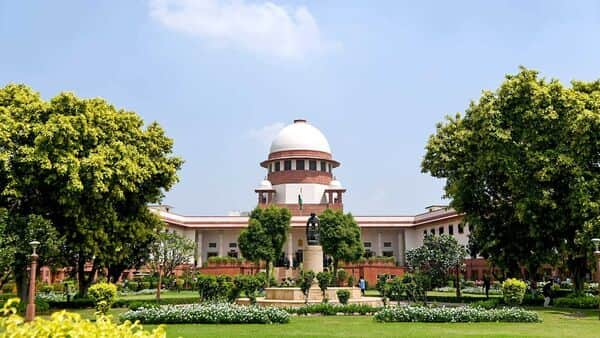Constitution of India, 1950 – Article 226/227 – Maintainability of Writ – SARFAESI – Whether the High Court erred in entertaining a writ petition despite the availability of an alternative statutory remedy under the Securitization and Reconstruction of Financial Assets and Enforcement of Security Interest Act, 2002.
The Supreme Court reiterated the principle that the High Court should ordinarily not entertain a writ petition when an alternative statutory remedy is available, especially in matters involving recovery of public dues or bank loans. Exceptions to this rule include cases where the statutory authority acted against the principles of natural justice or in violation of the law.
In this case, the High Court’s failure to consider the irreversible stage reached by the auction sale and registration, coupled with the borrower’s non-compliance with DRT’s order, rendered the writ petition unsustainable.
The Supreme Court emphasized the need for High Courts to exercise caution and restraint in entertaining petitions that may adversely affect banks’ rights to recover dues. Accordingly, the Supreme Court allowed the appeal, quashed the High Court’s order, and dismissed the writ petition with costs imposed on the borrower.(Para 29 to 34)
SUPREME COURT OF INDIA
[2024 STPL(Web) 253 SC = 2024 INSC 297]
Phr Invent Educational Society Vs. Uco Bank And Others
Civil Appeal No. 4845 of 2024 (Arising out of SLP(C) No. 8867 of 2022)-Decided on 10-4-2024
https://stpllaw.in/wp-content/uploads/2024/04/2024-STPLWeb-253-SC.pdf







